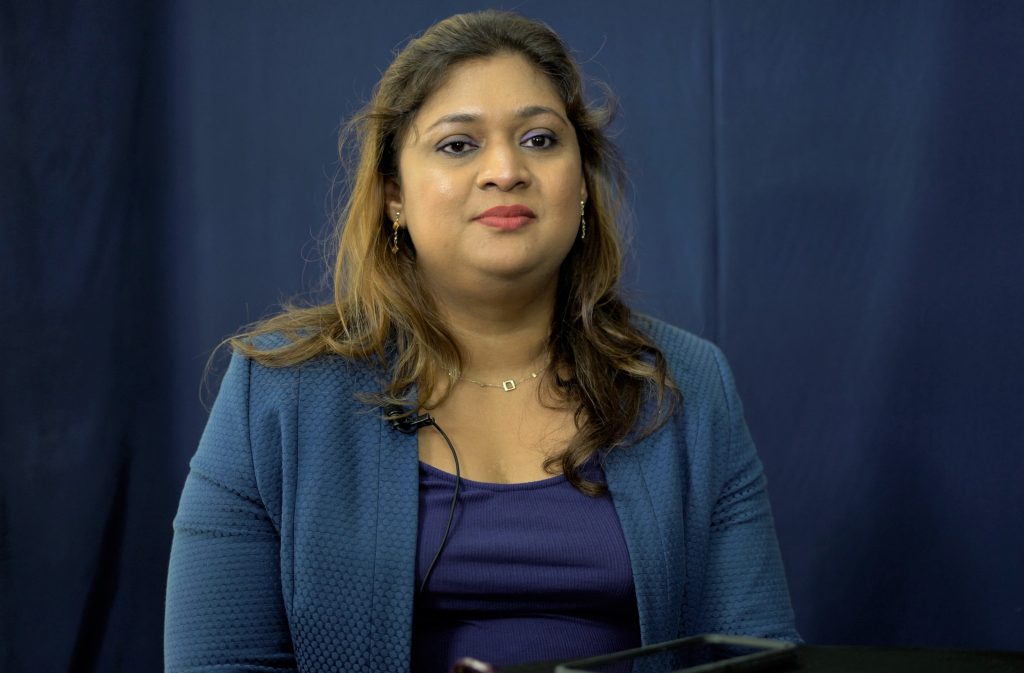Some 14, 300 grade six students across the country will write examinations for entrance into the secondary school system – the National Grade Six Examination (NGSA) – on August 4 and 5, 2021.
With an extracted 20-week curriculum from the regular 40 weeks needed, Minister of Education, Priya Manickchand, has assured that methodology and content remain the same.
With a targeted approach in place to ensure that students are ready to perform their best at the examination, which was postponed in 2020 because of the COVID-19 pandemic, a mock examination will be written ahead of the August 4 and 5 paper one and two tests.
In an effort to assure that the preparation and sitting of the examination are safe and effective, the minister who was speaking during a press briefing at the National Centre for Educational Resource Development (NCERD), on Thursday, presented insights into the ministry’s “well thought out strategy.”
Among plans are for teachers to be trained on the extracted curriculum in order to be brought up to speed with how students will need to be taught in the coming weeks. Each grade six student will receive learning resources, which will include worksheets that were consistently distributed. Additional materials will be provided by the ministry to students, including textbooks and past papers.

Among the books to be distributed are Let’s Do Math, Fun with Language, Science Around Us, Social Studies For Our Students, Understanding English Grammar, among others.
With the ministry expensing millions of dollars in preparation for this examination, these books will need to be returned so that students in the following year will be able to access them.
In addition, all material will be accessible via the Ministry of Education website: https://www.education.gov.gy/web/ with the exception of those copyright protected material.
The Education Minister explained that the ministry decided to go ahead with the examinations after extensive consultations with parents, teachers, students, and other stakeholders. She said students have the option of opting out of the examination and instead, they will have to subscribe to the ministry’s policy on placement. This means that using the regional average, a child that does not write the examination for one reason or another will be placed at a secondary school chosen by the ministry.
“We cannot award marks to a child who does not sit the exam,” Manickchand added.
She highlighted that with private school ready to write the examination and having the necessary resources already at their disposal, each private school will be given a single package.
The school will then be responsible for ensuring that it is replicated and distributed to their students.






